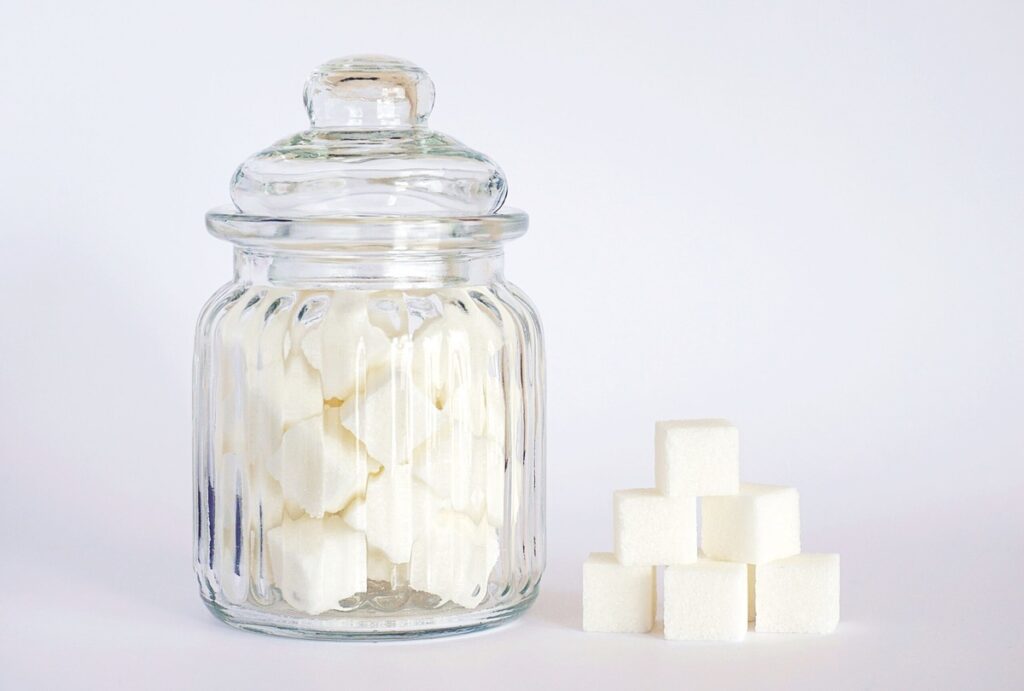Unhealthy Artificial sweeteners have the potential to cause disease in healthy gut microorganisms
According to scientists, artificial sweeteners have the potential to transform beneficial gut bacteria into dangerous germs, causing major health risks such as blood poisoning.
Sugar substitutes like saccharin, sucralose, and aspartame, which are prevalent in soft drinks and processed foods, have been discovered to cause good bacteria in the intestines like E. coli (Escherichia coli) and E. faceless (Enterococcus faecalis) to become pathogenic, or disease-causing bacteria.
Bacteria such as E. faecalis can pass through the gut wall and into the bloodstream, resulting in sepsis, a life-threatening illness caused by blood poisoning (septicaemia).
These disease-causing microorganisms can also build up in lymph nodes, the liver, and the spleen, resulting in a variety of diseases.
Dr Havovi Chichger
According to the researchers, additional research into the effects of sweeteners on health is needed, as evidenced by their findings, which were published in the International Journal of Molecular Sciences.
“Our study is the first to show that some of the sweeteners most commonly found in food and drink – saccharin, sucralose, and aspartame – can cause normal and ‘healthy’ gut bacteria to become pathogenic,” said Dr Havovi Chichger, a senior lecturer in biomedical science at Anglia Ruskin University (ARU).
These pathogenic changes include increased biofilm development, as well as enhanced bacterial adherence and penetration into human gut cells. These changes may cause our own gut bacteria to invade and destroy our intestine, which can lead to infection, sepsis, and multi-organ failure.
We know that sugar consumption is a big factor in the development of diseases like obesity and diabetes, so it’s critical that we learn more about sweeteners vs. sugars in the diet to better understand the influence on our health. Pathogenic bacteria can infect and kill Caco-2 cells, which line the intestine’s inner wall.
Sweeteners were also found to have an effect on the production of biofilms, which are bacterial clusters that are more likely to secrete toxins and are less susceptible to antibiotic resistance, potentially raising illness risk.
Since AS (artificial sweeteners) consumption in the diet continues to rise, understanding how this food additive impacts gut microbiota and how these harmful effects might be mitigated is vital,” the researchers stated in their report.
Source: Int. J. Mol. Sci. 2021, 22(10), 5228; https://doi.org/10.3390/ijms22105228

